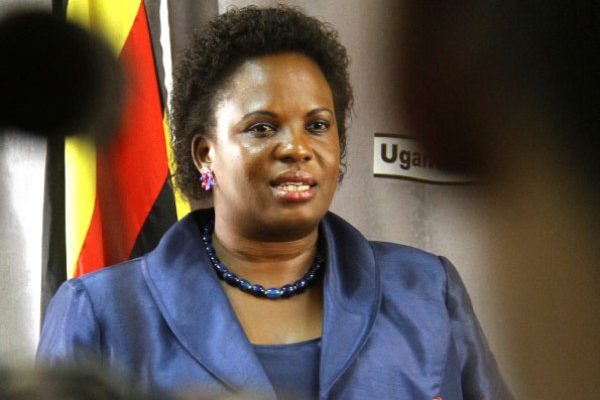The government has dropped its plan for the forceful acquisition of private land for infrastructural development projects.
The change follows public outcry on a draft which had been tabled by lands minister Betty Amongi to allow the government to take possession of private property, even when the owners contests the value determined by the chief Government Valuer.
Under the initial proposal, the government wanted to take over the land and deposit with the court, any compensation awarded to a dissatisfied property owner, pending determination of the matter. The government argued that the proposal was intended to remove hurdles faced in realizing time-bound infrastructural projects.
However, this proposal was widely rejected forcing the government to withdraw the bill.
Lands Minister Betty Amongi says that the government is in the process of introducing an amendment on the Land acquisition act of 1965, to provide for the introduction of a tribunal which will be the first mechanism of handling compensation disputes.
According to Amongi, the Tribunal of five will be appointed by the President. The members will consist of a lawyer, a registered surveyor, a valuation surveyor, a quantity surveyor and a land surveyor. The tribunal’s function will be specific only when the government is acquiring land and when the value of land is contested.
Amongi says that the change implies that the government will only occupy land after compensating its owners. Amongi, however, adds that there are circumstances when money will be deposited in an escrow account, for instance in cases of absentee landlords and where different parties are fighting over compensation and ownership of land.
Meanwhile, the government has initiated a National Dialogue on compulsory land acquisition to provide a safe space for a well-organized, issue-based and inclusive national debate of the draft amendments to the law, and for creating the conditions for the emergence of a national consensus on the way forward.
The National Dialogue organized through Landnet, a Research firm that deals with land, will give Ugandans an opportunity to make side by side comparisons and reasonable parameters on compensation.
Landnet’s Board Chairman Moses Musinguzi says that governments across the world forcefully acquire land, but require an acceptable process to do so.
The National Dialogue on Compulsory Land Acquisition will be held in Kampala on Thursday, March 21, bringing together government officials from the Ministry of Lands, Ministry of Justice, State House, Civil Society Organizations, diplomatic corps as well as the private sector and academia.
The National Dialogue is seen as a necessary first step towards reaching a national consensus with regard to proposals on compulsory land acquisition.
URN





